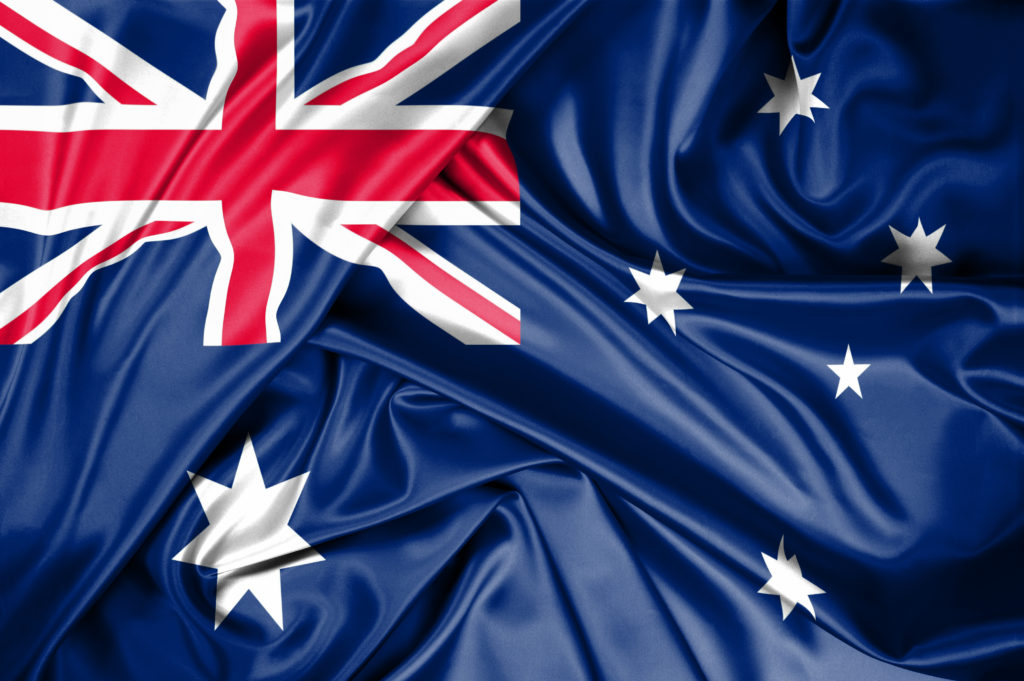UAE drops raft of 5pc tariffs in agreement with Australia

A tariff of 5 percent on Australian canola, pulses and other grains entering the United Arab Emirates will be eliminated under the Australia-United Arab Emirates Comprehensive Economic Partnership Agreement (CEPA) signed on Wednesday.
This comes after it was announced that negotiations between the parties had concluded on September 17.
Alongside oilseeds and grains, the agreement will cut tariffs on nearly all Australian exports to the UAE, including meat, dairy, nuts, horticultural produce, and honey.
It is estimated Australian farmers and producers will benefit from an estimated $50 million annually in tariff savings alone.
Australia’s largest agricultural export to the UAE in 2023 was canola, topping $741 million, while pulses hit $248M, and other grain and oilseed exports were valued at $215M.
Minister for Trade and Tourism Don Farrell said UAE was Australia’s largest market in the Middle East with the “two-way trade valued at $9.9 billion in 2023”.
“This is a great deal for Australian farmers and producers – over 99 percent of Australian products will enter the UAE tariff free,” Mr Farrell said.
Minister for Agriculture, Fisheries and Forestry Julie Collins said the deal also contained Australia’s first standalone chapter on sustainable agriculture and food systems.
“I am proud to say that it is the first FTA to contain a standalone chapter on sustainable agriculture and food systems, recognising agriculture’s essential role in ensuring food security, driving climate resilience, emissions reductions and other environmental outcomes,” Ms Collins said.
“It also ensures that sustainability measures are not applied with a one-size-fits-all approach and do not create barriers to trade for our world class agricultural exports.”
The trade and investment package includes agreements cooperation in investment in areas such as food and agriculture and green and renewable energy.
It includes five Investment Cooperation Memoranda of Understanding (MOUs) and a separate investment agreement.
The food and agriculture investment MOU features pledges to drive investment that address growing demand for agricultural goods.
This includes:
- Supporting investment in supply chains for bilateral agricultural exports;
- Developing projects that enable producers and processors to diversify and create value-added products;
- Advancing efforts to reduce greenhouse-gas emissions;
- Promoting best land-management practices; and,
- Implementing climate-smart sustainable agricultural technologies and practices.
The green and renewable energy MOU includes targeting development of low-carbon liquid fuels, which could create a new demand pathway for oilseeds and agricultural residues.
The agreement has an emphasis on technology pathways to produce advanced biofuels and synthetic fuels, with a focus on sustainable aviation fuels, renewable diesel, biodiesel, bioethanol and e-fuels; as well as energy-efficient and low-emission technologies.
For almost 30 years of expertise in the agri markets, UkrAgroConsult has accumulated an extensive database, which became the basis of the platform AgriSupp.
It is a multi-functional online platform with market intelligence for grains and oilseeds that enables to get access to daily operational information on the Black Sea & Danube markets, analytical reports, historical data.
You are welcome to get a 7-day free demo access!!!
Read also
Black Sea Export Strategies Within the Pressure of the Global Food Market
Vegetable Oil Demand Is Reshaping Global Oilseed Market Dynamics
Sunflower cultivation gaining popularity among farmers in Nepal
Egypt’s wheat reserves sufficient to cover four months of domestic demand
Livestock growth in Turkey in 2025
Write to us
Our manager will contact you soon



